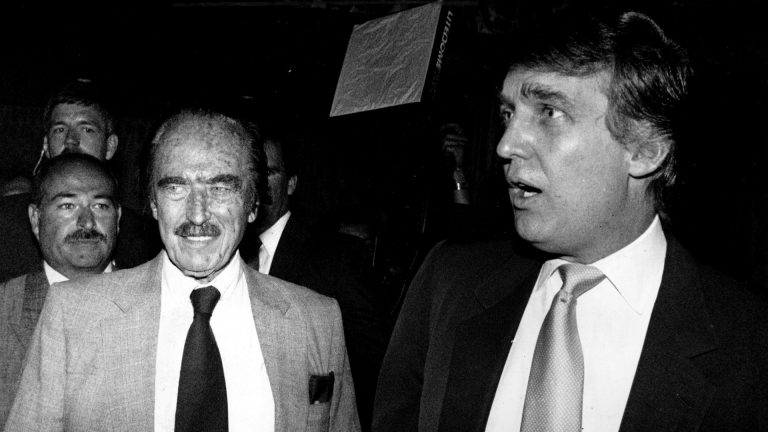There was a moment after The Sun revealed the government was considering banning outdoor smoking in pubs when Labour could have shrugged it off – simply by saying public health officials suggest such things all the time, there are no plans to do it, we’re focused on the priorities in our manifesto.
They chose not to do so. Number 10’s spokesman didn’t dismiss the report, and when health secretary Wes Streeting did take to social media on Thursday, it was to snap back at former minister of common sense Esther McVey’s ludicrous post likening the policy to the Holocaust.
The report is out, the policy hasn’t been denied, and so it looks like something the new government is prioritising. The overwhelming question is surely: why?
Many readers will probably quite like the idea of banning smoking outside: polling by More In Common suggests around 64% of the public do. That’s not enough on its own though to make it either good policy or good politics.
Passive smoking is a danger to other people’s health when it happens in confined spaces – the person smoking near you inside the pub is risking your health as well as potentially annoying you with the smell. This is simply not the case when you’re outdoors and unenclosed (enclosed outside areas are already covered by the smoking ban).
There is no particularly good public health reason for banning smoking outside in pubs while allowing it on the pavement next door. It is simply serving to make life less pleasant for the 12% of people who still smoke, and make socialising with such people harder than it already is. It is essentially a worse policy in every way than the indoor smoking ban – it could once again harm the pub industry, but for markedly less benefit.
So much for the policy grounds – what about the politics? Given the policy seems largely popular, why not take an easy win? The reality is that committed minorities who are more strongly affected by a policy can be extremely vocal in their opposition, making even apparently popular policies a nightmare to pass.
This policy will surely be vigorously opposed by smokers, by civil libertarians, and by the pub industry. It will not be enough to stop Keir Starmer passing it, should he so wish, given his thumping majority, but it will be enough to make it painful. It will involve time, effort, and political capital if he really wants to do it.
All of which brings us back to the question of: why this, and why now? The reality is that this kind of public health policy is the sort of thing governments usually pass when they’re running out of steam and keeping one eye on their legacy.
Passing the smoking ban happened in the third term of the last Labour government. It involved lots of rows and lots of headaches during its implantation, but once it was done people generally agreed it was a good thing – and the ministers involved could cite it as something they achieved. Rishi Sunak appeared to have one eye on legacy when he suggested his age-related smoking ban.
This Labour government is not yet 100 days in power and is already coming up with the kind of clichéd and nannying policy that even its own MPs privately describe as “a bit third term”. How is a government 14 years out of power and less than one year into it not have bigger and more urgent things that it wants to do?
Money might be too tight to mention, but a dubious and weaker version of a third term New Labour policy surely isn’t the start that anyone else wants. In the first summer of Keir Starmer’s Labour, the public has been told not to expect more spending or better services too soon, that we’ll have to pay more tax, and now that those who would like a cigarette with their pint should forget it.
No wonder the sun hasn’t bothered to show its face for most of the month – it’s probably worried it would be given an ASBO for the heightening cancer risk. Doesn’t it know the NHS is on a budget?











